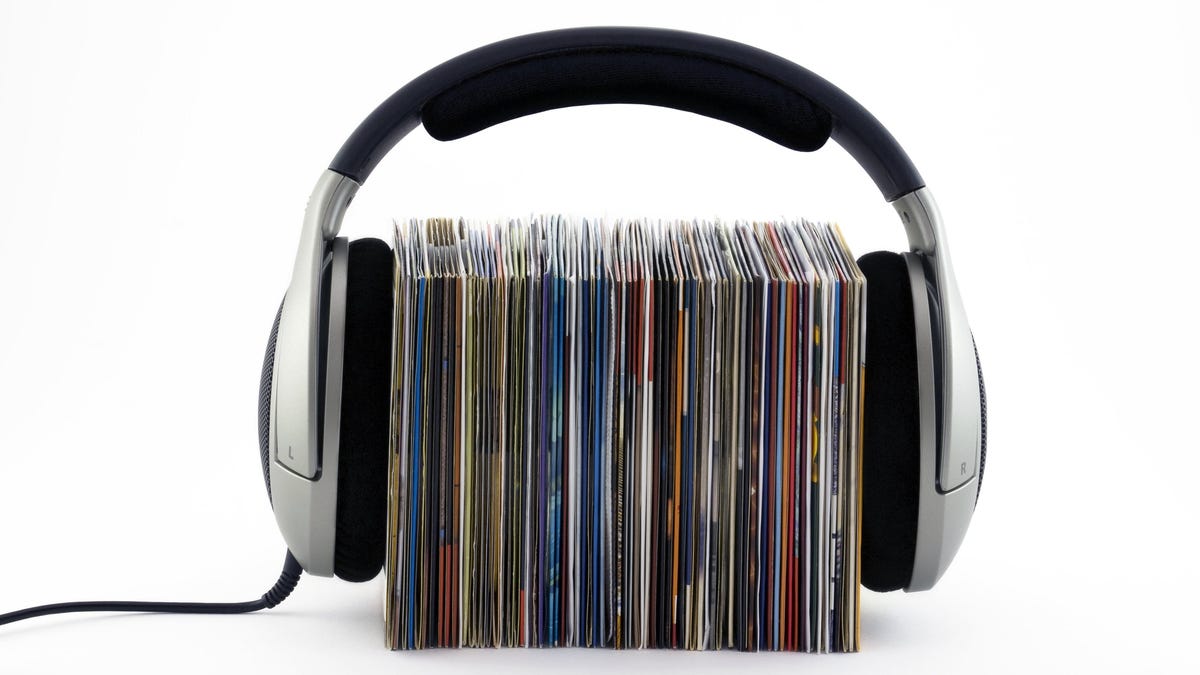"Muso, a research firm that studies piracy, concluded that the high prices of streaming services like Spotify and Apple Music are pushing people back towards illegal downloads. Spotify raised its prices by one dollar last year to $10.99 a month, the same price as Apple Music. Instead of coughing up $132 a year, more consumers are using websites that rip audio straight out of YouTube videos, and convert them into downloadable MP3 or .wav files.
Roughly 40% of the music piracy Muso tracked was from these “YouTube-to-MP3” sites. The original YouTube-to-MP3 site died from a record label lawsuit, but other copycats do the same thing. A simple Google search yields dozens of blue links to these sites, and they’re, by far, the largest form of audio piracy on the internet."
The problem isn’t price. People just don’t want to pay for a bad experience. What Apple Music and Spotify have in common is that their software is bloated with useless shit and endlessly annoying user-hostile design. Plus Steve Jobs himself said it back in 2007: “people want to own their music.” Having it, organizing it, curating it is half the fun. Not fun is pressing play one day and finding a big chunk of your carefully constructed playlist is “no longer in your library.” Screw that.



i’m a big fan of music streaming, the way i listen to music only really works with a discovery algorithm. but the way streaming services and labels have been unnecesarily fucking over the customer as well as the artist is getting ridiculous.
qobuzz could be a possible alternative, with them providing FLACs and/or CD quality tracks to purchase and download, but also having a subscription plan. they say more money is going to the artist. the only thing missing is the algorithm.
go ahead, tell me i’m “corrupted by capitalism” or whatever. this is the way i want to do it. there’s no point in building up a collection worth hundreds and thousands of euros now, apart from FLACs being gigantic files and taking up all of the storage on my phone. plus i would cut myself off from being able to discover good artists the way i’m used to.
People have been listening to music without an algorithm for hundreds of years. Even digitally, algorithms for discovery are fairly new. What’s so different about how you listen to music?
i have more than 10 playlists for different genres and occasions, the ““smart”” shuffle helps pad those out since otherwise the playlist would be like 20 songs long.
the recommended songs at the bottom are often pretty bad, but for every 10 shitty songs there’s one worth adding to the list.
occasionally i also listen to full albums, often only from bands i really really like.
i get that spotify influenced how i do it, and i don’t have a problem if people do it differently. but an algorithm is a major plus for any music platform (from my perspective)
i probably won’t start pirating music, but if spotify continues to enshittify itself i’m gonna have to look for alternatives.
I get it. I really enjoyed Spotify’s recommendations, but I had to quit as part of my “fuck streaming” pledge. My questions were genuine, I hope they didn’t come off as antagonistic.
I switched to Plex / Plexamp, and I have to say whatever algorithm they’ve implemented has greatly helped me discovery things in my local library. It does a great job at “vibe mixing”, by that I mean you’re not going to shuffle from rock to classical to electronic. It’s even nailed some transitions that were both beat- and keymatched.
Might be more than you’re willing to undertake, but it allowed me to drop the Spotify sub.